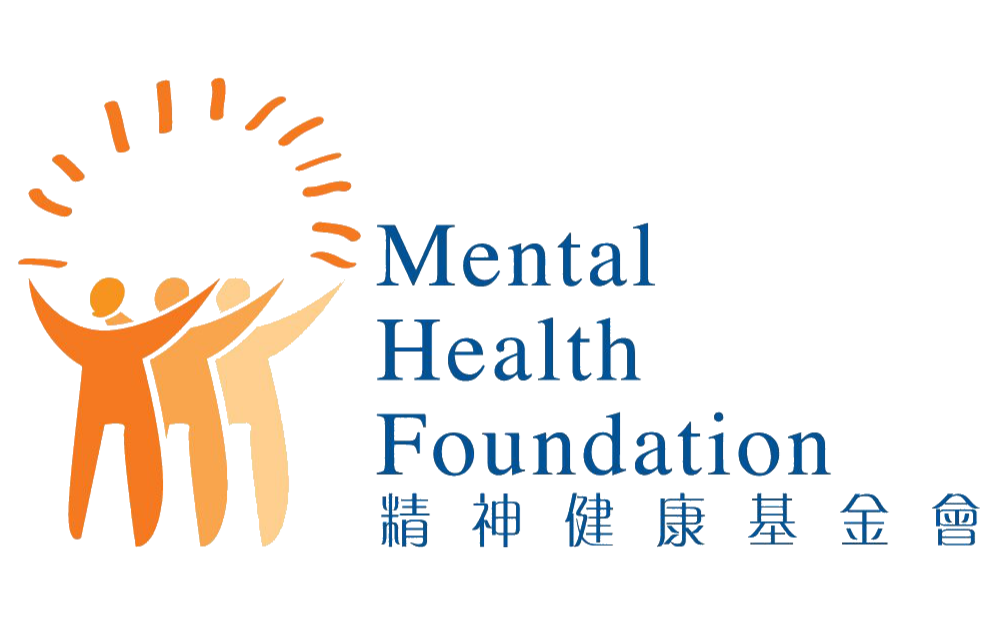1 in 7 Hongkongers suffer from common mental disorders like mood and anxiety disorders. It is by no means a rare occurrence. Bipolar affective disorder is a type of mood disorder, characterized by periods of elated mood sometimes, and depressed mood in others, with periods of stable mood in between. The experience can be very confusing for the patients and their loved ones.
Student X excelled in studies in secondary school. He breezed through public examinations, and got into the desired course in university. During the second year of university, he devoted a lot of time into student activities, while having to deal with heavy schoolwork. X was convinced that he could deal with all the work. Half a year later, the stress took its toll and X was completely overwhelmed. He could not concentrate, his mood became low. All he could do was sleep in his dormitory all day. The school doctor referred X to see a specialist of psychiatry for assessment, after which he was diagnosed to suffer from Bipolar Affective Disorder.
The mainstay of treatment for Bipolar Affective Disorder is medication. Newer generations of medication like mood stabilizing agents, second generation antipsychotic medications and antidepressants are effective with few side effects. After 6-12 weeks’ treatment, most patients recover. It is necessary for the patient to continue medication after remission of symptoms, coupled with psychotherapy, to reduce the risk of relapse. However, some patients might choose to stop taking medication once they feel better. Therefore, one of the biggest challenges in managing mood disorders, is relapse prevention.
X chose to defer his studies for half a year. After recovery, he was able to enjoy his studies and daily life as before. At that point, he was keen to stop taking medication and control the symptoms by his own will. His psychiatrist advised him to take his time. After discussion, they arrived at a mutually agreed care plan where X can learn to monitor his mood state and understand the importance of continuing medication.
Some patients with Bipolar affective Disorder might find the hypomanic state pleasurable. They might feel more energized than usual, more likely to get inspired with a heightened sense of wellbeing. Some even deliberately choose to take only antidepressant medication, leading to more drastic mood swings. This is dangerous as they are increasing the chances of relapse into mania, where they are prone to lose healthy inhibition and make reckless decisions, causing tremendous harm.
Gone are the days when the treating psychiatrist alone decides on the patient’s treatment plan. Currently, the Care Programme Approach (CPA) comprises the patient, his/her family, treating psychiatrist, case nurse, social workers and other mental health professionals in the treatment team. Different parties contribute to the care plan, and the patient’s view is respected. The author received training in the UK 30 years ago and was able to sit in a CPA meeting led by a consultant psychiatrist. The patient, their families, and mental health advocate all shared tea and coffee with the team. It is with the same spirit of respect and mutuality, that the patient gets heard and makes an informed decision on how to manage his illness and reduce relapses.
Acknowledgements:
Supported by the Jebsen Group Charitable Fund
Author: Dr. Ting Sik Chuen (Psychiatry Specialist)


